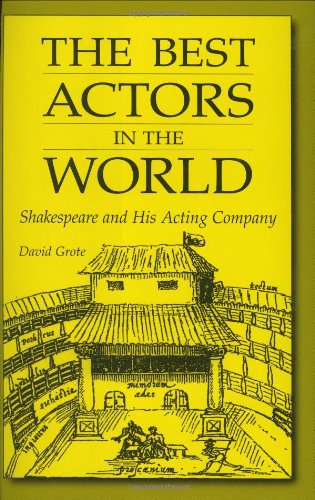

Most ebook files are in PDF format, so you can easily read them using various software such as Foxit Reader or directly on the Google Chrome browser.
Some ebook files are released by publishers in other formats such as .awz, .mobi, .epub, .fb2, etc. You may need to install specific software to read these formats on mobile/PC, such as Calibre.
Please read the tutorial at this link: https://ebookbell.com/faq
We offer FREE conversion to the popular formats you request; however, this may take some time. Therefore, right after payment, please email us, and we will try to provide the service as quickly as possible.
For some exceptional file formats or broken links (if any), please refrain from opening any disputes. Instead, email us first, and we will try to assist within a maximum of 6 hours.
EbookBell Team

4.7
56 reviewsShakespeare knew actors because he was one. The first book-length study of its kind, this volume investigates Shakespeare as a member of his acting company, dating and casting all the plays they presented from 1594 to 1614, and exploring the effects of actors on his writing. Much has been written about Shakespeare and a great deal is known about the Elizabethan theater. Yet little has been done to examine Shakespeare in relation to his acting company. This book casts light on Shakespeare's life in drama and the creation and staging of his plays. More precisely than any other work, it establishes the dates for his company's productions, exploring the varied and profound influences actors had on the works of Renaissance dramatists, and giving us a unique look at the man who knew his actors best of all.
As a member of the newly organized Chamberlain's Men, a company that rose to fame in the London theater, Shakespeare experienced the numerous crises, both personal and political, that nearly destroyed the company at the construction of the Globe. Grote describes the company's reorganization as the King's Men, which led to the writing of Shakespeare's great tragedies, as well as the trials of the plague years, Shakespeare's retirement from the stage, the development of writers to replace him, and the burning of the Globe.